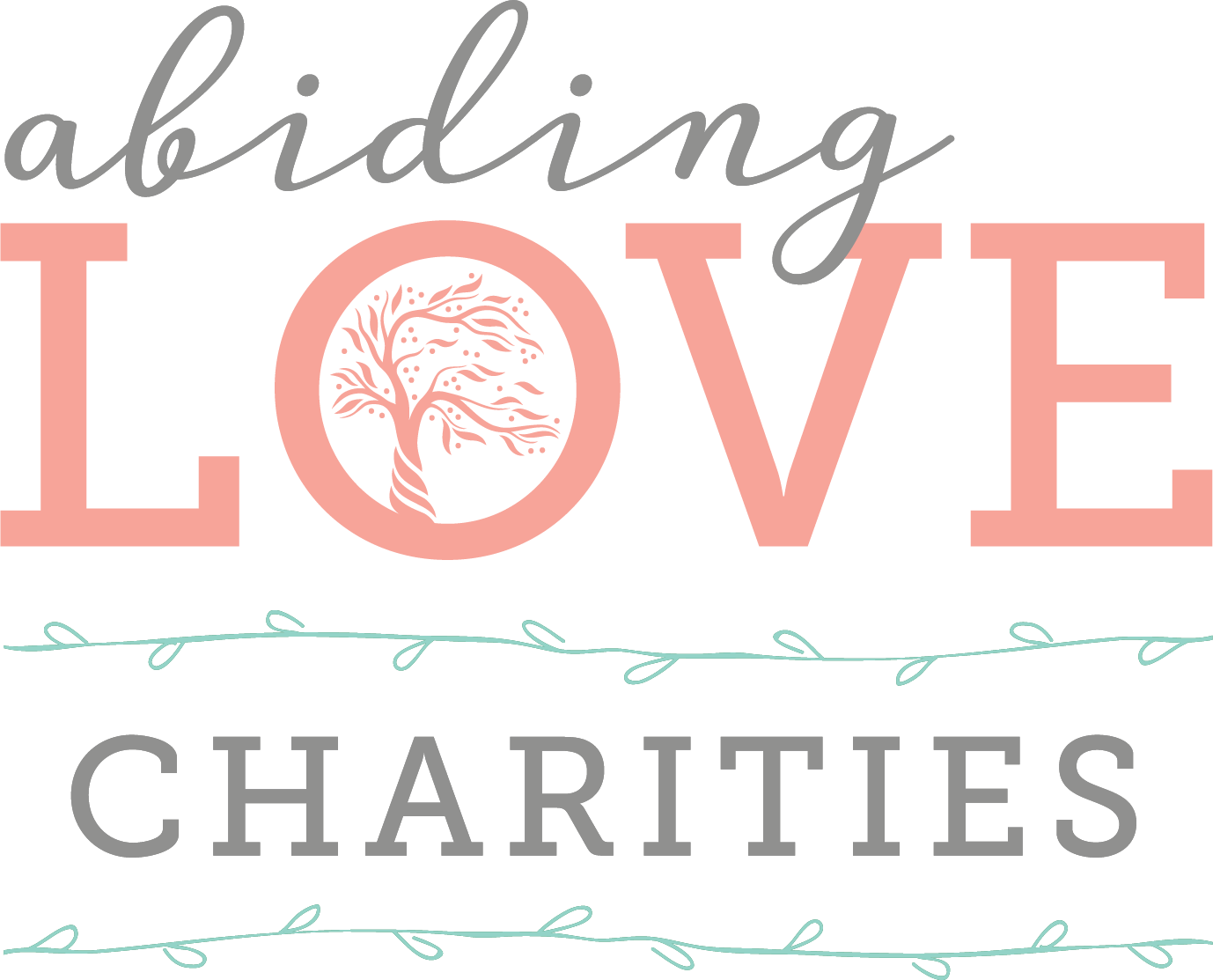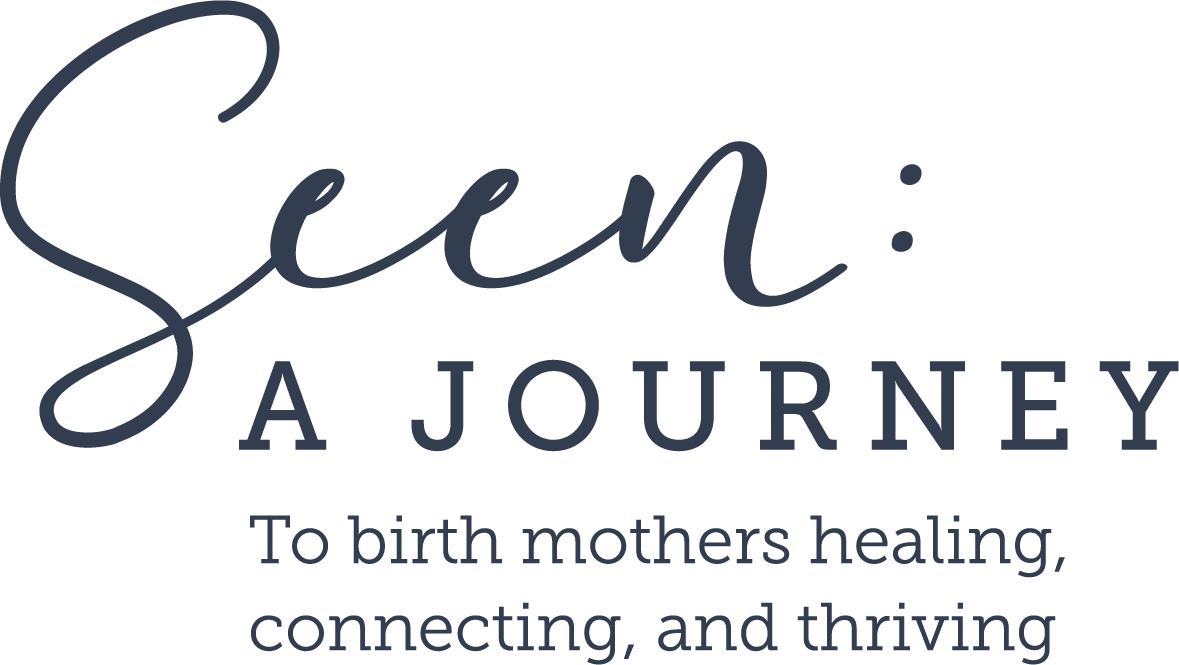The One When Love Does Not Reflect Christ
There’s a moment in every adoption journey when you’re forced to confront a hard truth: not all love looks like Christ. Even in Christian circles, perhaps especially in Christian circles. We can wrap our actions in the language of love while behaving in ways that are anything but Christ-like. We say we love our adopted children, birth families, or even God through adoption, yet we sometimes act out of fear, control, insecurity, or pride.
This is a vulnerable space. But it’s also a necessary one. Because when our version of love doesn’t reflect Christ, it causes harm. Often to the very people we are trying to protect. So let’s talk about it: what Christ-like love really looks like, how we sometimes miss the mark, and how to realign ourselves when we do.
What Christ-Like Love Looks Like
“Love is patient, love is kind… it does not insist on its own way.”
—1 Corinthians 13
Christ-like love is not performative or self-protective. It is deeply sacrificial, rooted in humility, and centered on others. Jesus modeled this perfectly. He loved by stooping low, washing feet, embracing the outcast, and laying down His life, not just for the deserving, but for the broken.
What does your adoption look like? What do you want your adoption to look like?
Are you honoring birth parents, even when it’s messy or uncomfortable?
Are you consciously releasing control over how the story unfolds?
Do you show up consistently, even when the connection is hard or progress is slow?
It’s not about feeling love. It’s about living love.
When Our Love Misses the Mark
Most adoptive parents enter into adoption with good intentions. They envision the storybook ending of a loving household, a happy, well-adjusted child, and a birthparent (often at arms length) who they share photos with while they go on happily with their life that they were “rescued” from through placing their child for adoption. Once we remove the rose colored lenses, reality often looks different. For everyone involved. We rarely intend to love poorly. But good intentions can still cause pain. And sometimes, we hide behind the word “love” when what we’re actually doing is rooted in something else.
Let’s look at some hard truths that frequently happen in adoption.
Possessive Love
We say “this is our child,” but what we mean is “we don’t want to share them.” We ignore or minimize birth family connections because they feel threatening. Christ-like love doesn’t cling or control; it invites connection and recognizes that love multiplies, it doesn’t divide.
Conditional Love
We expect adopted children to feel grateful. We’re hurt when they grieve. We pull back emotionally when they act out. Conditional love says, “I love you as long as you make me feel good.” Christ’s love says, “I love you no matter what.”
Fear-Based Love
We fear openness. We fear hard questions. We fear rejection. And so, we make decisions based on protection rather than invitation. Christ-like love casts out fear. It is brave, not because it’s fearless, but because it trusts God more than circumstances.
Performative Love
This one is so easy to fall into. We do the “right” things so others think we’re good parents. We post smiling photos, join the right groups, say the right words, but forget to do the deeper work of reflection and healing. Christ-like love isn’t about optics. It’s about obedience and authenticity.
What This Looks Like in Real Life
I help lead a large Facebook group dedicated to post-adoption support for adoptive parents. Our mission is to create a safe, judgment-free space where parents can bring honest questions about parenting, identity, trauma, or the complexities that come with being part of the adoption triad. Over time, I’ve seen many posts where parents are seeking support, or sometimes simply validation, for choices or mindsets that subtly shift the focus away from Christ-centered love. These situations often reveal how easily we can let fear, control, or comfort guide us, rather than the selfless love Christ modeled.
- An adoptive parent refuses to allow a child to receive birthday cards or gifts from their birthmother. Not out of safety concerns, but discomfort as the adoptive parent.
- A family avoids discussing adoption with their child because “we don’t want them to feel different.”
- An adoptee shares their pain, only to be told they should feel “grateful” because they were chosen.
Do these moments reflect the heart of Christ or simply make us as adoptive parents feel more comfortable?
How We Realign Our Love
The good news? This isn’t about shame. It’s about alignment.
Here are a few places to begin:
- Ask yourself: Is this decision about me… or them?
- Listen to voices that challenge you: Adult adoptees, birth parents, trauma-informed professionals.
- Be open to repentance: Christ-like love is willing to say, “I was wrong. I want to do better.”
- Embrace humility: Real love lets go of control. It doesn’t have to have all the answers. It learns. It leans in. It grows.
You don’t have to do this perfectly. None of us do. The beauty of walking with Christ is that He gives grace. If someone’s distorted version of love has hurt you, there is healing.
And if you’re in the middle of a hard moment, know that you’re not alone. This is the sacred work of parenting. And it is holy ground.
“Jesus, reshape my love to look like Yours. Make me bold in truth, humble in heart, and willing to do the hard things that bring healing.”
Christ-like love doesn’t erase the past. It holds space for it. It doesn’t demand perfection. It offers presence. It doesn’t rescue to feel good. It restores to bring life.
Let’s love like that.


